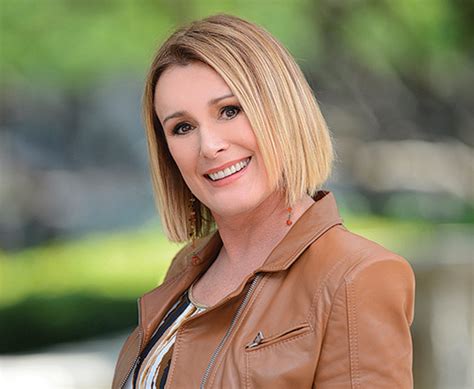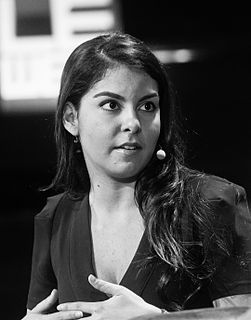A Quote by Benjamin Watson
What I've found, and what Scripture tells us, is that your faith is not something on the side, something you carry with you - it is inherently who you are.
Related Quotes
If your heart tells you something but your mind tells you something else, which do you believe? Both are just as apt to lie. In fact, they play at deceit all the time. Mostly they balance each other, giving us that crucial reality check. But what happens on the rare occasions when they conspire together?
The Bible never tells us to take a blind leap of faith into the darkness and hope that there's somebody out there. The Bible calls us to jump out of the darkness and into the light. That is not a blind leap. The faith that the New Testament calls us to is a faith rooted and grounded in something that God makes clear is the truth.
The point is that profound but contradictory ideas may exist side by side, if they are constructed from different materials and methods. and have different purposes. Each tells us something important about where we stand in the universe, and it is foolish to insist that they must despise each other.






































